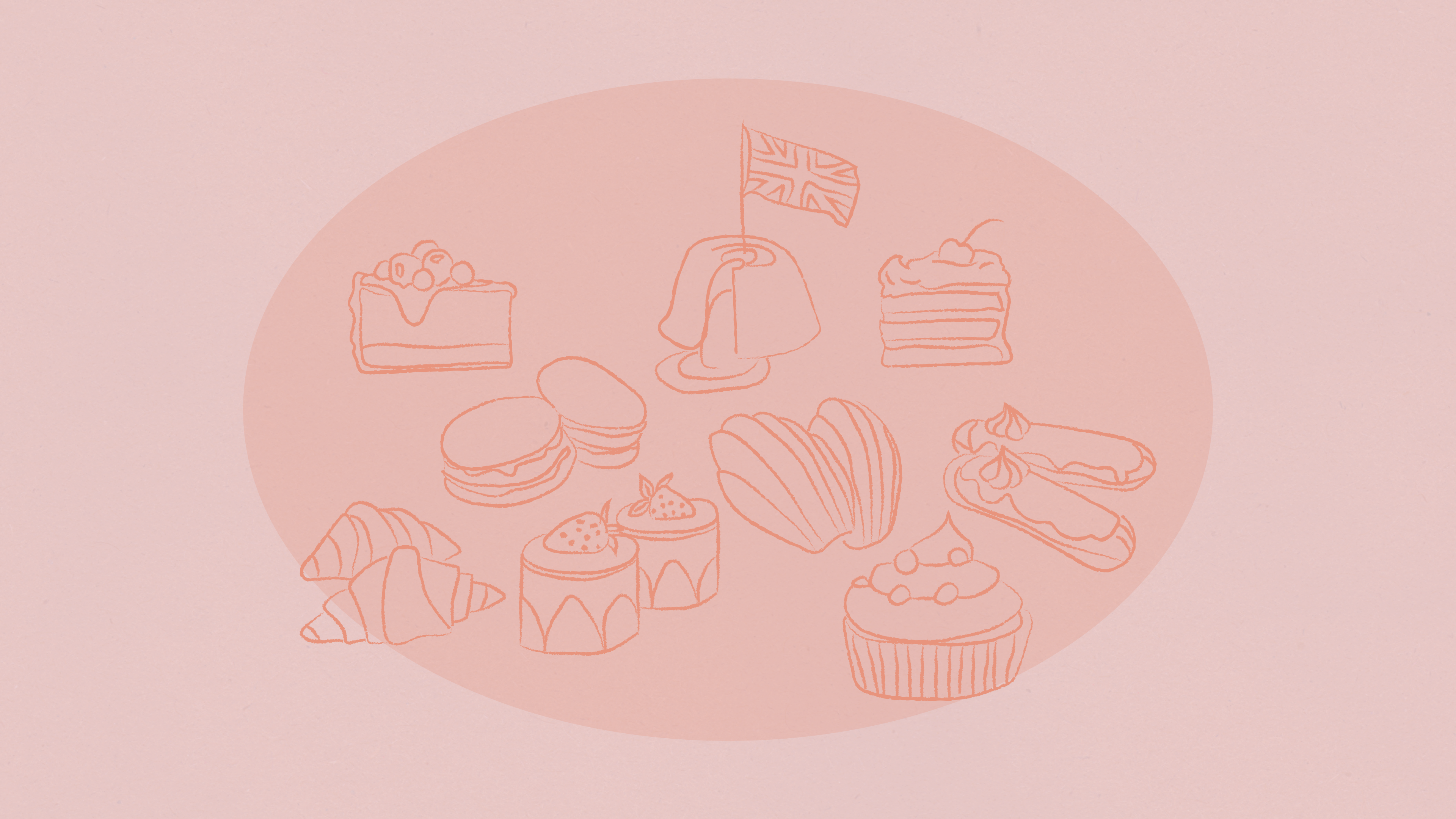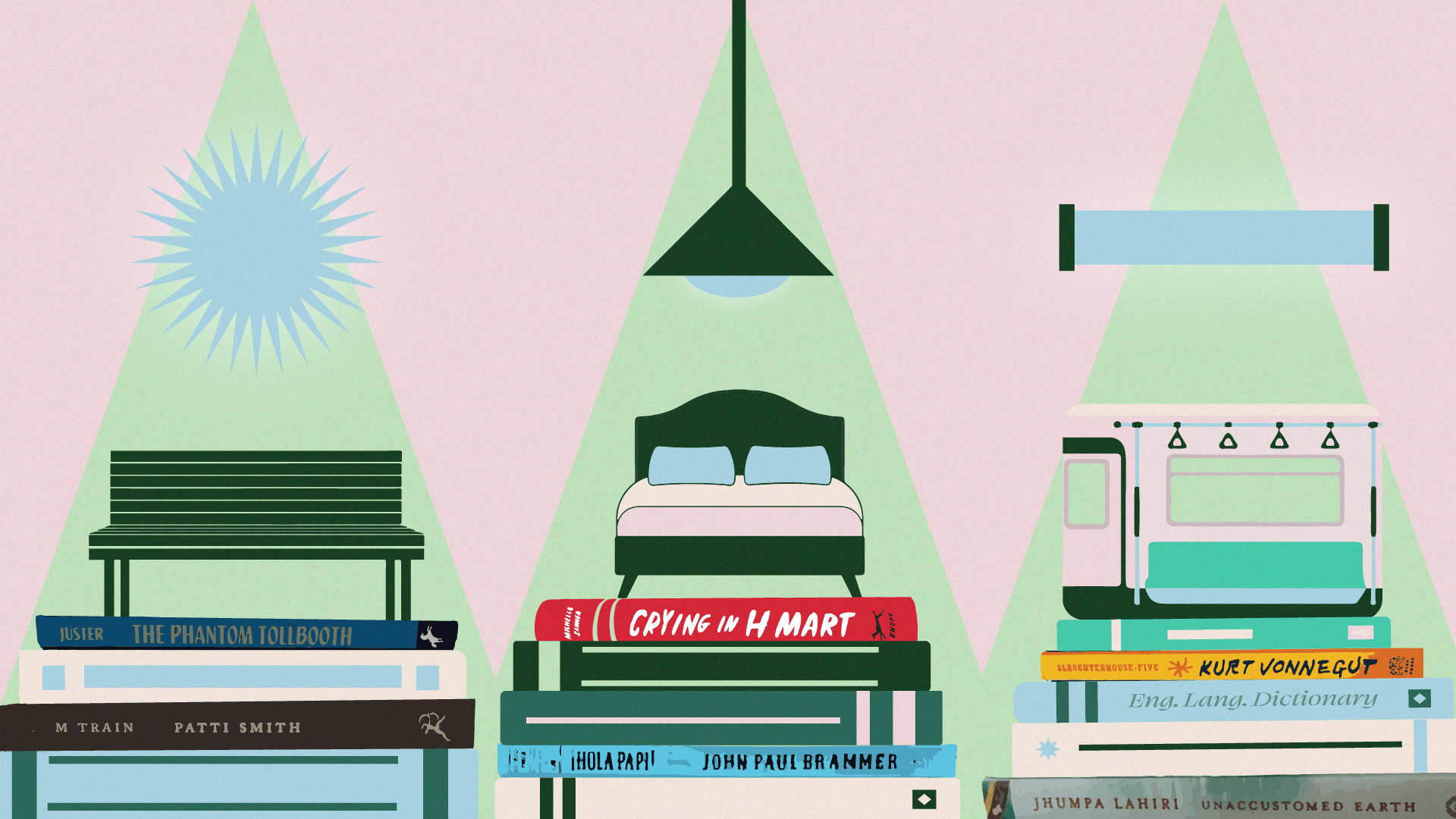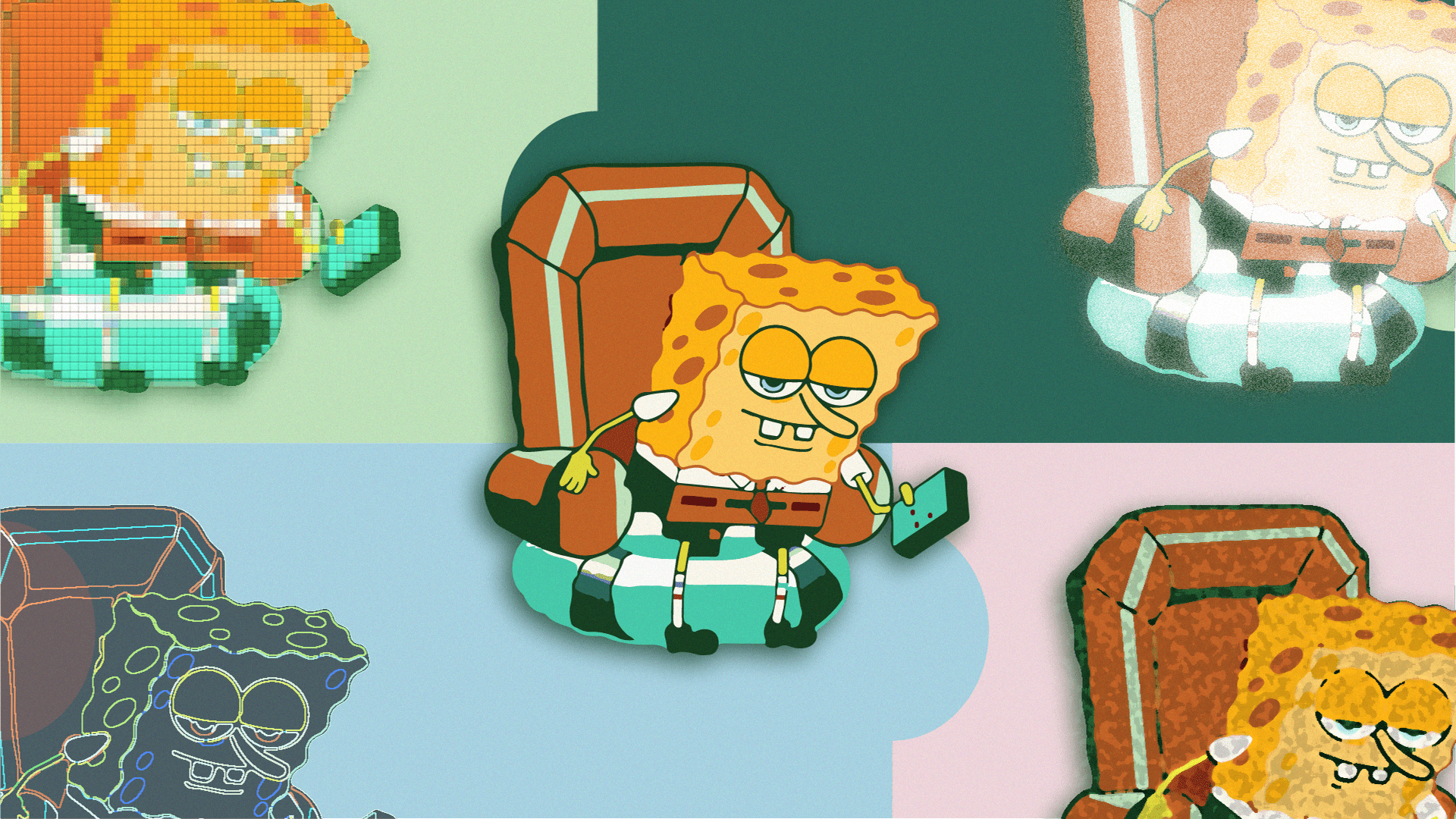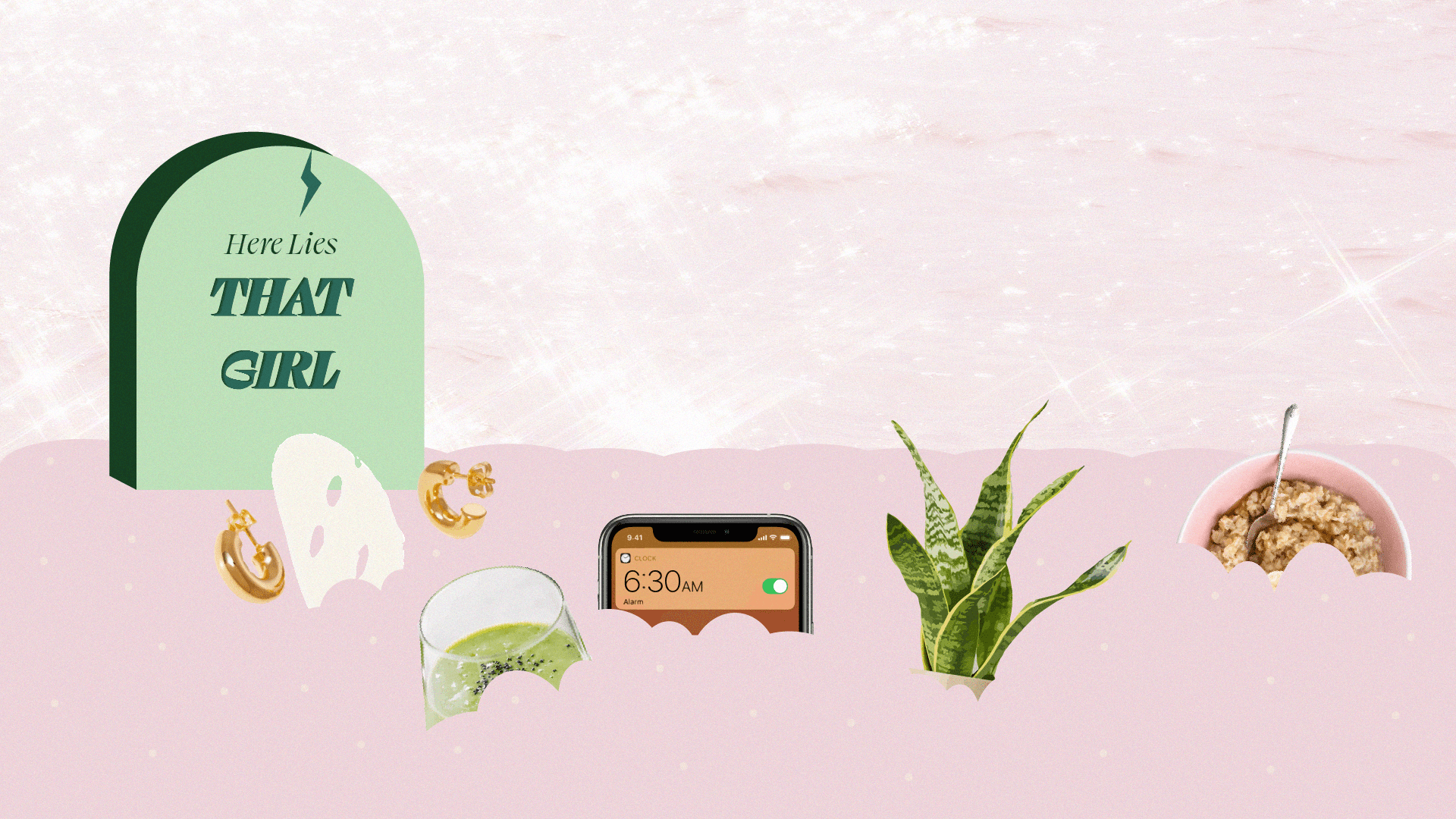
It’s Quarantine, Innit: How I Became Obsessed with British Reality TV
There’s a wholesomeness I haven’t found in American reality television programming.
It all started as a joke. My roommate and I were browsing Hulu on a Thursday or Saturday or maybe Monday night (they’ve all felt the same lately), when she said, “Wouldn’t it be funny if we started watching Love Island?”
I laughed, but then I thought about it for a second. Why not watch it? It was something new, and lighthearted, and it would be a refreshing change of pace from rewatching Gilmore Girls like I always do. We picked season four of Love Island UK at random and dove in.
Love Island is a British reality dating series that originally aired with celebrity contestants in 2005 and 2006, before returning in its current iteration in 2015. Each season, ten contestants live together in a gorgeous villa in a tropical destination with the goal to find love. New contestants, or islanders, appear throughout the season to shake things up, and islanders are periodically eliminated through public vote, votes among each other, or recouplings where islanders must couple up and the odd person out must leave the villa. The final couple standing wins $50,000.
We finished in about a month — a huge (and slightly embarrassing) feat considering each season is around 50 episodes. That was in June, and now we’ve also watched seasons three, five, and six. When we weren’t watching, we were looking up our favorite contestants on Instagram and subscribing to their post-villa YouTube channels. We were reading articles from The Sun to find out things like if Jess really did hook up with Mike. I watched more than one YouTube video explaining accents from the different regions of Great Britain. It’s possible I have practiced a few phrases in a Mancunian mumble.
Love Island isn’t the only British TV show I’ve been filling my time with lately. Since the pandemic started, I’ve watched the British season of RuPaul’s Drag Race that premiered last year, entranced by British drag queens’ unique sense of humour, style, and camp. I’ve ugly-laughed at episodes of the comedic game show Taskmaster. I’ve watched the floral design competition show The Big Flower Fight. It was an obvious attempt to capitalize off the popularity of the similarly saccharine Great British Bake Off, and even though the contestants were boring and the judges’ calls were questionable, I still devoured the show.
Of course, I’ve rewatched old seasons of the Great British Bake Off as well, and I religiously dedicated Friday nights to new episodes of the latest season. Cooking and baking are some of my favorite pastimes, so you’d think most culinary competition shows would be streaming staples for me. But the Great British Bake Off is really the only one I’ll regularly watch. American cooking competitions are edited to emphasize an intense, competitive atmosphere. Chefs enter the kitchen like wrestlers entering the ring. The music is anxiety-inducing. The judges are harsh. Even the show names — Chopped, Hell’s Kitchen, and Cutthroat Kitchen — are hardcore. That competitive energy just isn’t there in GBBO. Contestants who finish with time to spare help those who are running behind. Everyone hugs each other when someone is eliminated. They take breaks while their sweets are in the oven to drink tea.
Many of these reality TV habits aligned with my early-quarantine fascination with cottagecore. Even before the aesthetic started popping up on Tumblr and TikTok in 2018, I daydreamed about tending to a vegetable garden, baking herbaceous loaves of bread, and sewing my own clothes. But once quarantine started — when I was stuck in my home while the world literally and metaphorically burned around me — those quaint fantasies intensified. I planted okra and cucumber seeds in a raised bed I found on Facebook Marketplace. I bought floral bandanas to wear in my hair. And I watched people with silly accents make fruit tarts and 20-feet sculptures out of flowers and grasses. I was on the couch in my house in a sprawling city, but in my mind, I was in a cozy cottage in the woods.
Even Love Island UK contains a wholesomeness I haven’t found in American romance competition shows. I’ve watched a handful of seasons of The Bachelor and The Bachelorette. I liked them, even. But when I tried to watch during quarantine, the cattiness between contestants dueling for a single person’s heart combined with Chris Harrison’s melodramatic narration was too much. Love Island, on the other hand, is a silly contest to see who can have fun in Spain the longest. Most couples after the show fall victim to the “Six Month Curse,” but even though most of the romantic relationships end, the friendships between contestants have stayed strong years after they left the villa. Who can forget in season five, when all of the girls ran to Anna’s defense when Jordan tried to flirt with India, a day after making Anna his girlfriend? Or the silly freestyle sessions between Kem and Chris in season three? Thinking about these scenes still warms my heart.
Love Island UK is just one iteration in the international Love Island franchise — an American version began last year. So when season two of Love Island USA aired in August, I tried to watch it. I didn’t even finish the first episode. Maybe that’s because it was filmed during the pandemic, and thinking about what safety precautions the crew was and wasn’t following while filming was too stressful. Maybe it’s because the rooftop Las Vegas villa was not as scenic as the one nestled among the lush hills of South Africa. Or maybe it’s because hearing people look and speak just like people I went to high school with grounded me too much in reality in a way Love Island UK never did.
So many American reality shows are about being the toughest of the bunch, being the last one standing, or overcoming adversity. It makes sense; those narratives are at the core of the American psyche. Conflict and stakes are what make a story captivating, but they aren’t what captivates me lately. After long days watching COVID cases rise, worrying about my family and community, and fighting to complete school work like nothing is wrong, nothing is better than wrapping up in a blanket, lighting a candle, and watching some British television. I’m not saying the United Kingdom is a twee fantasy come to life. I know it isn’t. But their reality TV programming does a pretty good job of pretending it is.
This story is part of Reality TV Week. Check out the other stories here.


